While the Palestinian president insists "we will not leave", international humanitarian aid has begun to flow through the Rafah border crossing from Egypt into the southern Gaza Strip.
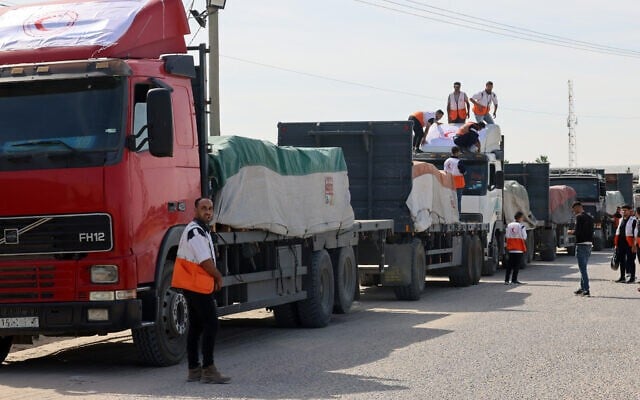 |
| Hamas-Israel conflict: Palestinian president insists he will not leave, aid begins arriving in Gaza Strip, China speaks of 'urgent issue'. (Source: Times of Israel) |
In his opening speech at the Cairo Peace Conference on October 21, Palestinian President Mahmoud Abbas affirmed that "we will not leave, we will stay on our land".
The summit is taking place in Egypt as Israel prepares to launch a ground offensive in Gaza following an offensive by Hamas.
More than 4,100 Palestinians have been killed in the Israeli counter-offensive as the humanitarian crisis in Gaza continues to grow, according to the Gaza Health Ministry .
Meanwhile, from 10:00 a.m. on October 21 local time (ie 2:00 p.m. on the same day Hanoi time), a convoy of trucks carrying international humanitarian aid began passing through the Rafah border gate from Egypt to the southern Gaza Strip.
The first convoy of 20 vehicles from the Egyptian Red Crescent has entered Gaza, while another 36 vehicles are waiting in line to enter the blockaded territory. Four ambulances, including two from the United Nations (UN) and two from the Red Cross, are also preparing to enter Gaza.
After the conflict broke out with the Hamas Islamic Movement that controls the Gaza Strip on October 7, Israel completely surrounded this territory, cut off electricity, water, energy and blocked the Rafah border gate. 2.4 million Palestinians are trapped in Gaza.
Rafah is the only border crossing into Gaza that is not controlled by Israel. But airstrikes have damaged roads and prevented trucks carrying aid from entering southern Gaza. The international and regional communities have repeatedly urged Israel to bring urgently needed aid into the territory to alleviate the humanitarian disaster for the Palestinian people there.
* On October 20, UN Secretary General Antonio Guteres arrived in Egypt to oversee preparations for the delivery of international aid to the Gaza Strip. The UN warned of a humanitarian disaster in Gaza due to food shortages and dangerously low fuel supplies for hospitals to run generators.
Gaza has not received any supplies of fuel, food, water or medicine for nearly two weeks. The UN is focusing all its efforts on providing vital and long-term humanitarian aid to the people of Gaza.
* On the same day, October 21, the Israeli National Security Council assessed that the regional situation was increasingly tense due to the conflict in the Gaza Strip and called on its citizens to immediately leave Egypt and Jordan.
The agency's announcement stated: "The Israeli National Security Council has increased the travel warning for Egypt, including the Sinai Peninsula, and Jordan to level 4 (high risk) and recommends that citizens do not travel to these countries. Those who are there should leave as soon as possible."
The announcement came just days after Israel recalled all its diplomatic staff in Türkiye due to security concerns. Israel had previously advised its citizens to leave Ankara, in the context of Israel bombing the Gaza Strip in the conflict with Hamas forces in recent days, causing people in Turkey and many Arab and Muslim countries in the Middle East to take to the streets to express their anger and try to attack Israeli diplomatic facilities.
* On October 21, Cyprus police announced a small explosion outside the Israeli Embassy in the capital Nicosia on the night of October 20. There were no reports of casualties or damage due to the incident. According to Cyprus police, a metal object containing a small amount of pyrotechnic material exploded about 30 meters from the Israeli Embassy compound. Police are questioning four suspects found in the area.
Amid rising tensions in the Middle East, Cyprus has tightened security in many areas across the country. Authorities have also expanded the security zone around the Israeli embassy, closing off civilian roads.
* In a statement on October 20, Chinese Ambassador to the United Nations Zhang Jun stressed that the Israel-Palestine situation is the most urgent issue, and said that finding a comprehensive and just solution for the Palestinians cannot be delayed.
According to Mr. Zhang Jun, the new outbreak of conflict shows that fragmented crisis management is unsustainable. China supports the Arab League to play a leading role, and suggests that the UN and the UN Security Council heed the Arab countries' call, strengthen coordination of regional mechanisms, work on the basis of international consensus, take effective measures to promote an immediate ceasefire, and make efforts to ensure people's safety and prevent the risk of a more serious humanitarian disaster.
Source



![[Photo] Prime Minister Pham Minh Chinh chairs the second meeting of the Steering Committee on private economic development.](https://vphoto.vietnam.vn/thumb/1200x675/vietnam/resource/IMAGE/2025/11/01/1762006716873_dsc-9145-jpg.webp)









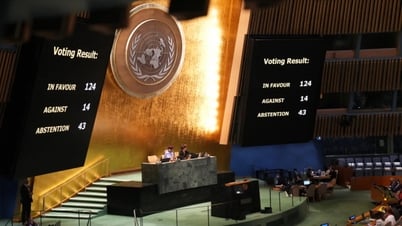
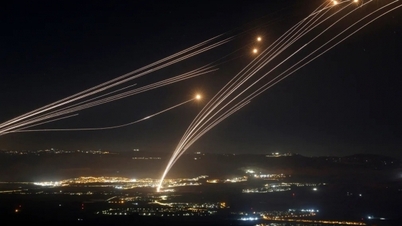

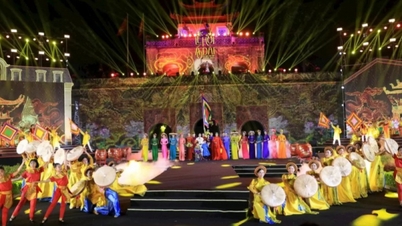

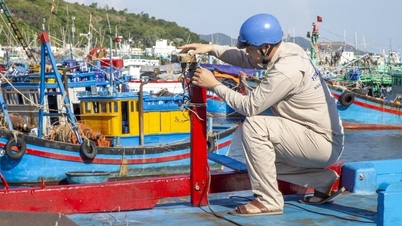
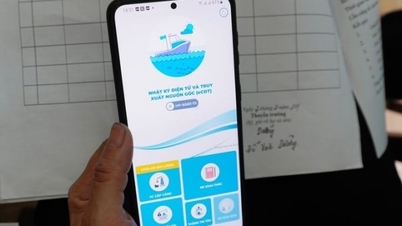
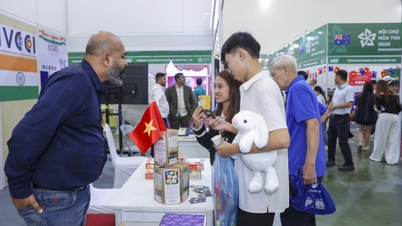
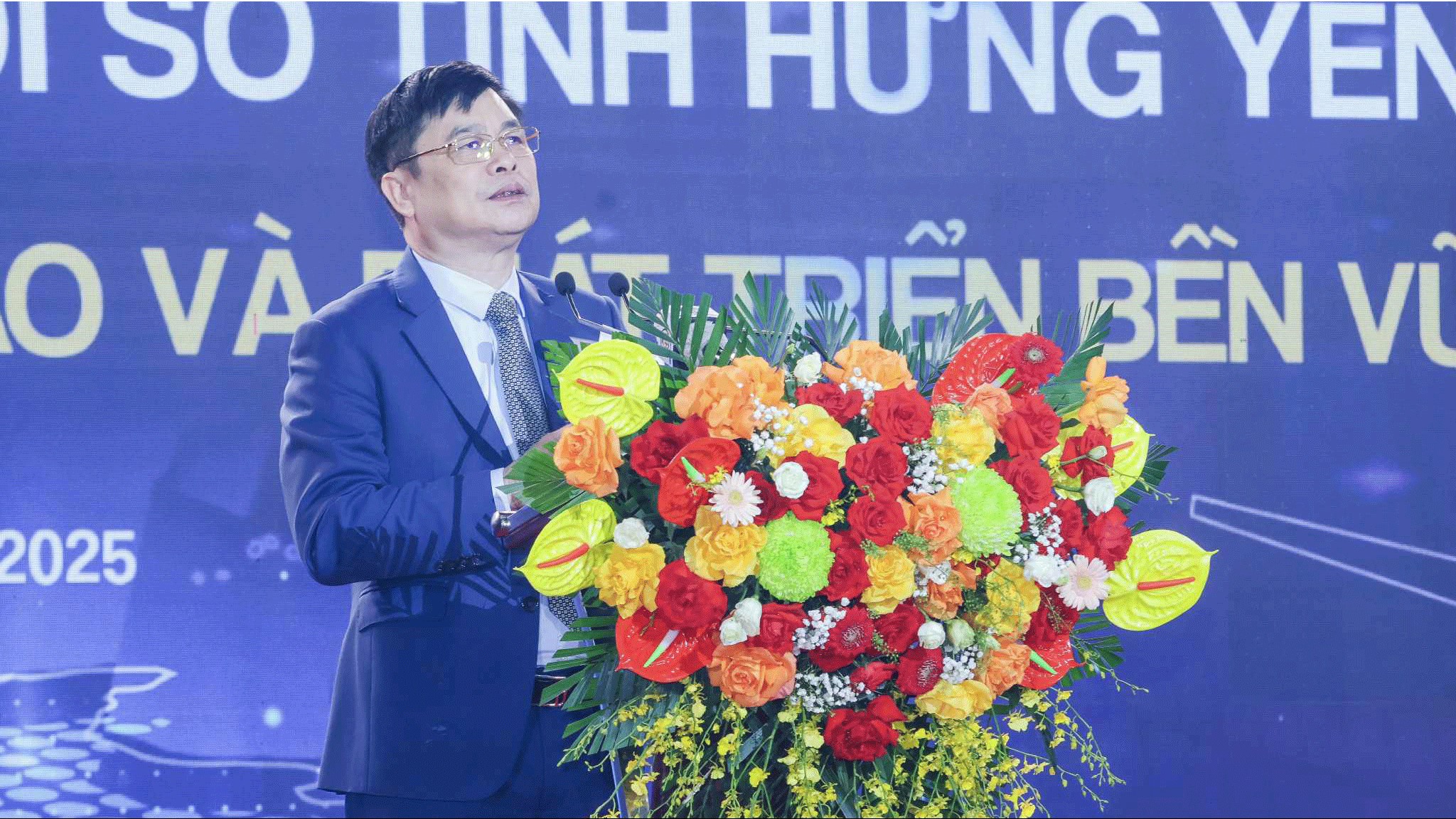
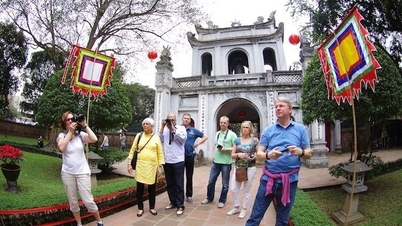




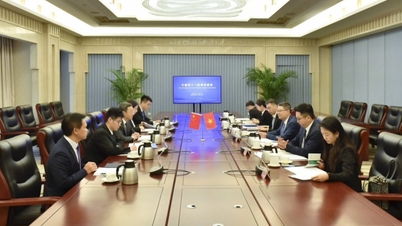
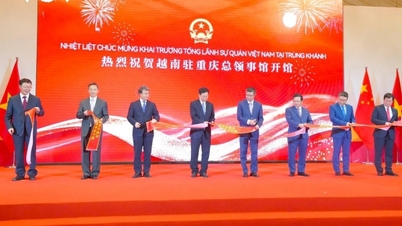
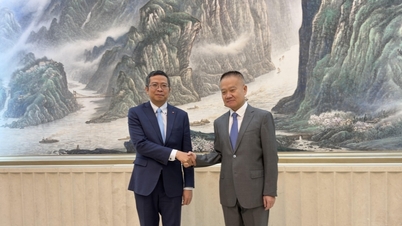

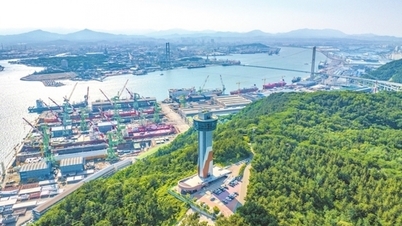
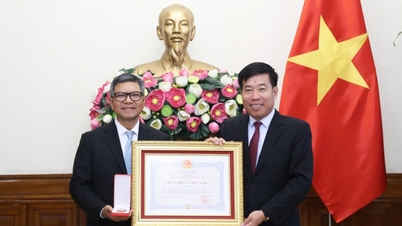




































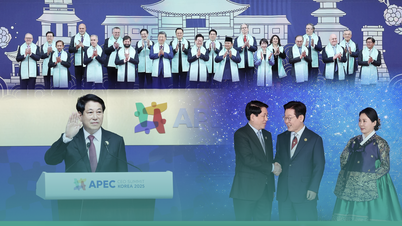

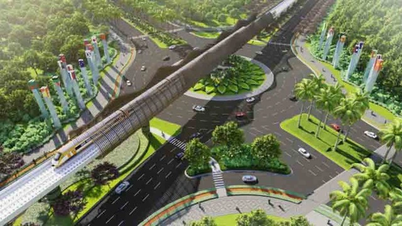
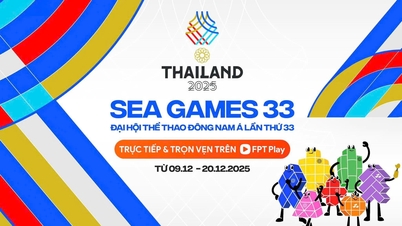



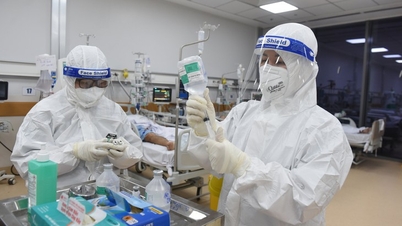

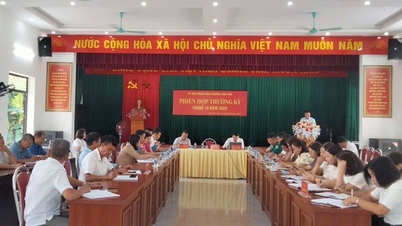

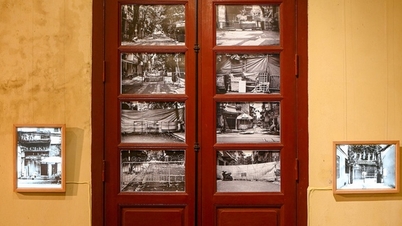



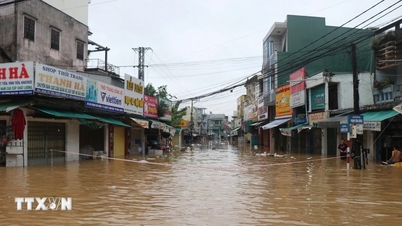

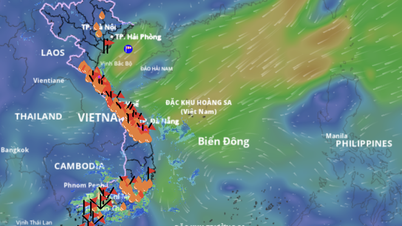

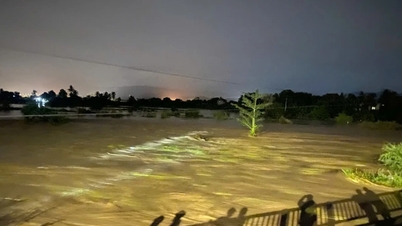

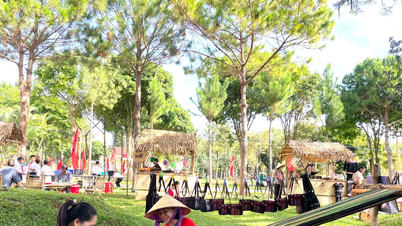

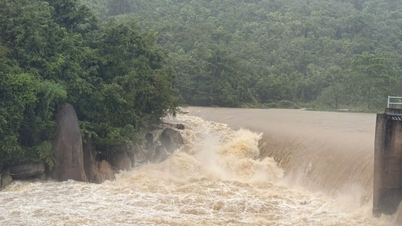
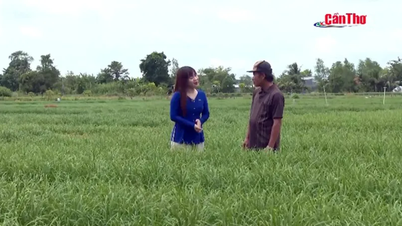

















Comment (0)